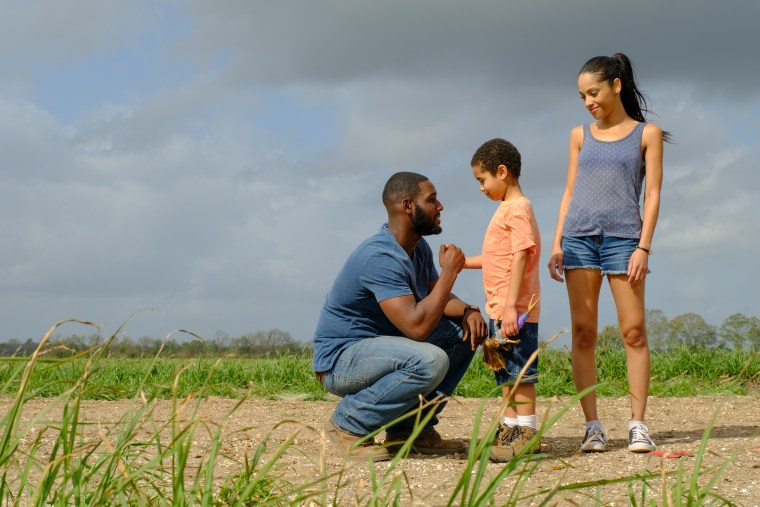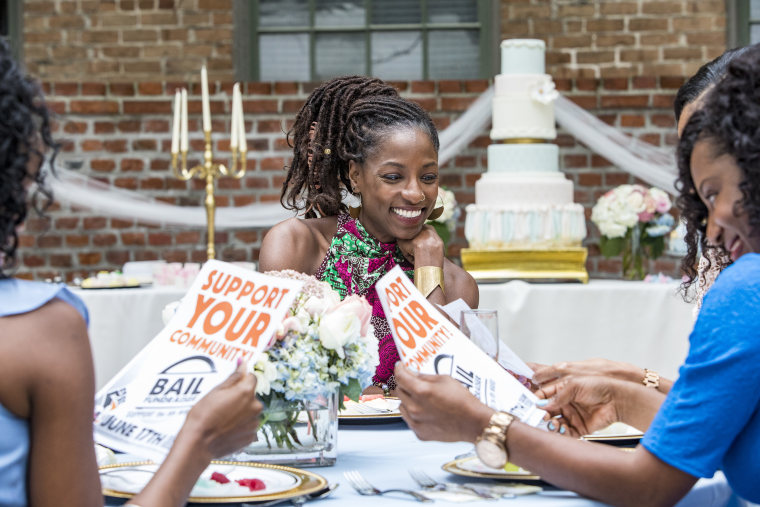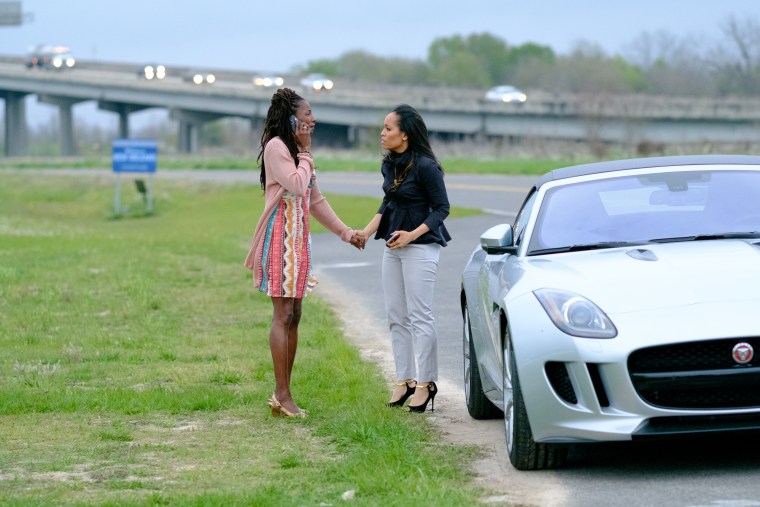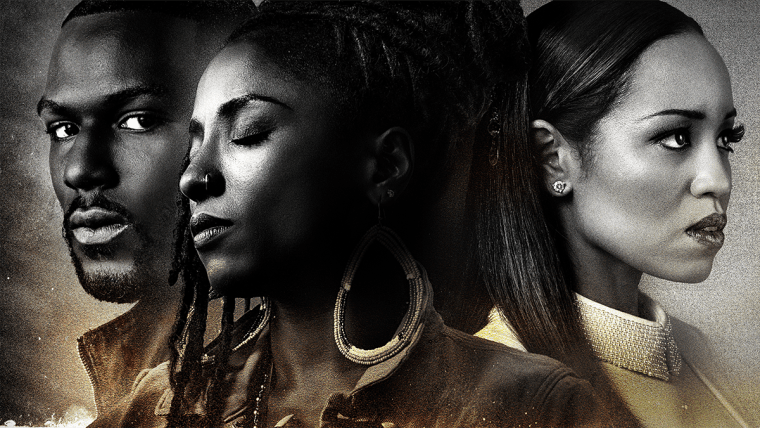New Orleans was more than a backdrop for season one of OWN’s Queen Sugar; the city illustrated the cultural divide that simultaneously haunted and fortified the Bordelon family.
In the past month, the nation has seen protests ignite as four century-old Confederate statues were taken down around New Orleans, stirring up conversations about how America should move on from its divided past and inspiring the show’s actors to a new level of authenticity in their portrayals.
“It’s a trip to drive around New Orleans, especially before those statues came down and to see protests and Confederate flags — just such an expression in some ways of just unconscious bias and denial of that,” said Dawn-Lyen Gardner, who plays “Charley” on the series.
Ava Duvernay, show creator and executive producer leans into this friction to create an experience that is as entertaining as it is socially relevant. “We’re trying to kind of be really explicit with our intentions about playing with and unpacking race and culture, but do it in a way that’s wrapped in contemporary romance and beautiful people and interpersonal relationships while we also have this large kind of cultural, historical context over it,” Duvernay said.
This construct is illustrated in what executive producer, Oprah Winfrey, called one of the most poignant moments she’s ever seen on television. The Bordelons hired day workers to tend their farm and one day after a storm, the siblings find two workers dead in the fields.
Before gathering the remaining workers to share the news, the siblings realized they did now know the names of their workers. “[It] said so much about the marginalization of brown people and Black people and brown people and Black people marginalizing each other,” Winfrey said.

The sense of bias and marginalization weaves throughout the characters’ lives and is a source of the discord that often brings the Bordelons closer. But before they reach that end, they are stripped of all security and barraged by the natural elements, their ancestral history and their egos.
The blanket distrust of the 25-year-old, formerly incarcerated father, “Ralph Angel,” played by Kofi Siriboe, is perhaps the strongest example of an inescapable truth that can rule every aspect of one’s life.
“I’m working and being educated at the same time to understand brothers that I don't know, that I've never met, but I now know their struggle just because I understand its an internal struggle,” said Siriboe.

Combined with the knowledge that New Orleans has the highest incarceration rates in the country, Ralph Angel’s battles petition the audience to acknowledge their personal prisons while remembering Black men’s age-old tug of war with the criminal justice system.
As Rutina Wesley (“Nova”) puts it, there’s a huge responsibility in playing such visceral roles. “We tap on things that are really hard to talk about but we can talk about them in a way that people see and listen and hear it in a different way,” she said. “That slice of life that makes you go, ‘Oh, I didn't think about it that it way. Let me think about it again, let me take that judgement away and let me think about it this way.’ It’s important for people to have that outlet.”
The depth of character developed throughout the season made the series leads de facto activists. Siriboe called it “art and activism merged into one, but done with ease.”

Though easeful, the socio-cultural imperative is bold on both sides of the camera. Duvernay produced both the first and the upcoming second season with all women directors.
“Equity means […] half of the projects being directed by women. Casts that reflect the real world, not just Black people and white people but brown people and native people and Muslim people and people of all ages and sizes and body types.”
The award-winning series returned with a two-part premiere on June 20 and 21.
